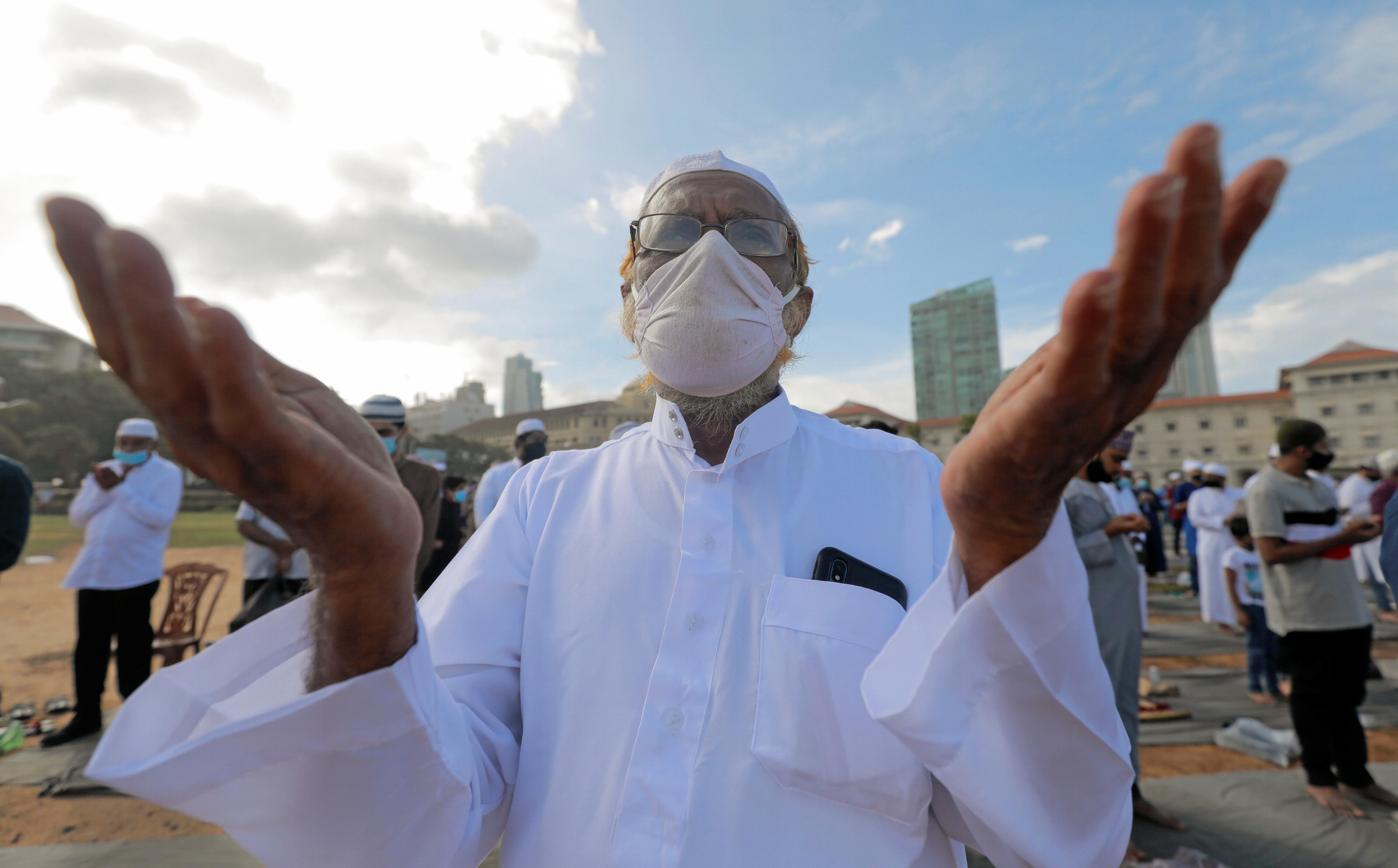What We're Watching: Hajj passports, AfD vs German intelligence, Turkey's human rights plan
Passport to the Hajj — Saudi Arabia announced that it will require pilgrims to have vaccine passports in order to enter the country for the annual Hajj later this year. Each year, millions of Muslims from dozens of countries travel to the holy sites of Mecca and Medina to fulfill a religious obligation, in an annual event that brings in billions of dollars for the Saudi economy. The vaccine passport requirement may mean that people without means or access to vaccines in their home countries will be shut out of the Hajj this year, but Riyadh is relying on the scheme to help them pull off the event — after last year's event was mainly cancelled amid the pandemic— without fomenting a COVID outbreak.
Alternative für Surveillance — The German government has reportedly placed the far-right Alternativ für Deutschland (AfD) party under surveillance for its far-right extremist affiliations. AfD, a euroskeptic party with a strongly anti-Islam platform, has been the largest opposition party in Germany's legislature since 2017, but its popularity has trailed off over the past year. The move will allow German intelligence to tap the party's phones and surveil its communications. The AfD, for its part, says that being placed under surveillance will hurt the group's ability to compete in a spate of local elections and the general election this fall. And if AfD doesn't do well, its supporters will almost certainly dismiss the election as illegitimate, taking a leaf out of the pro-Trump playbook. (After the attack on the US Capitol on January 6, an AfD lawmaker wrote, "Trump is fighting the same political fight — you have to call it a culture war — as we in the Alternative for Germany are in Germany.")
Turkey to embrace human rights? — Turkey's pugnacious President Recep Tayyip Erdogan is turning over a new leaf, he says, with an 11-point human rights program to be rolled out over the next two years. The somewhat skimpy plan includes judiciary and criminal justice reforms, new human rights watchdogs, and expanded legal protections for women. The move could be a precursor to writing a more "democratic" constitution, Ankara says. For years, Erdogan and his ruling Justice and Development Party have been accused of human rights abuses, targeting journalists, and cracking down on political opponents — trends that only intensified after a failed coup attempt against Erdogan in 2016. While Erdogan's embrace of a rights-based approach to domestic policy is certainly a step in the right direction, the talk of rewriting the constitution has set humans rights groups on edge — they worry that Erdogan will use the process to strengthen his own powers even further. The timing of Erdogan's transformation is also interesting: his approval rating is sagging as unemployment remains high, while inequality worsened during the pandemic.